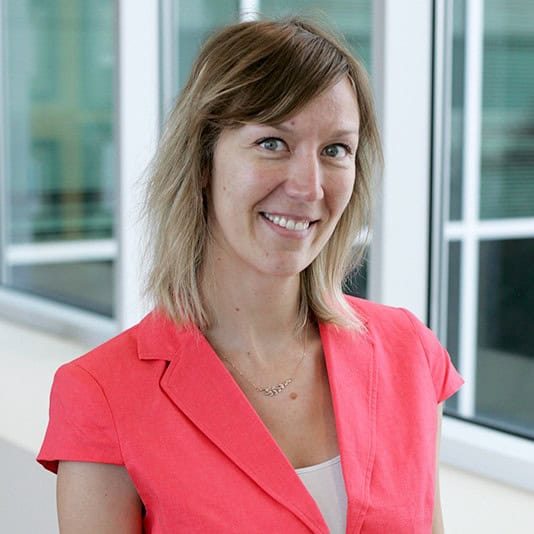To ensure patient safety, medical device manufacturers are required by the Food and Drug Administration and other regulatory bodies to perform biocompatibility evaluations on their devices per standards, such as the AAMI-approved ISO 10993-1:2018 (ANSI/AAMI/ISO 10993-1:2018). However, some of these biological tests (e.g., systemic toxicity studies) have long lead times and are costly, which may hinder the release of new medical devices. In recent years, an alternative method using a risk-based approach for evaluating the toxicity (or biocompatibility) profile of chemicals and materials used in medical devices has become more mainstream.




